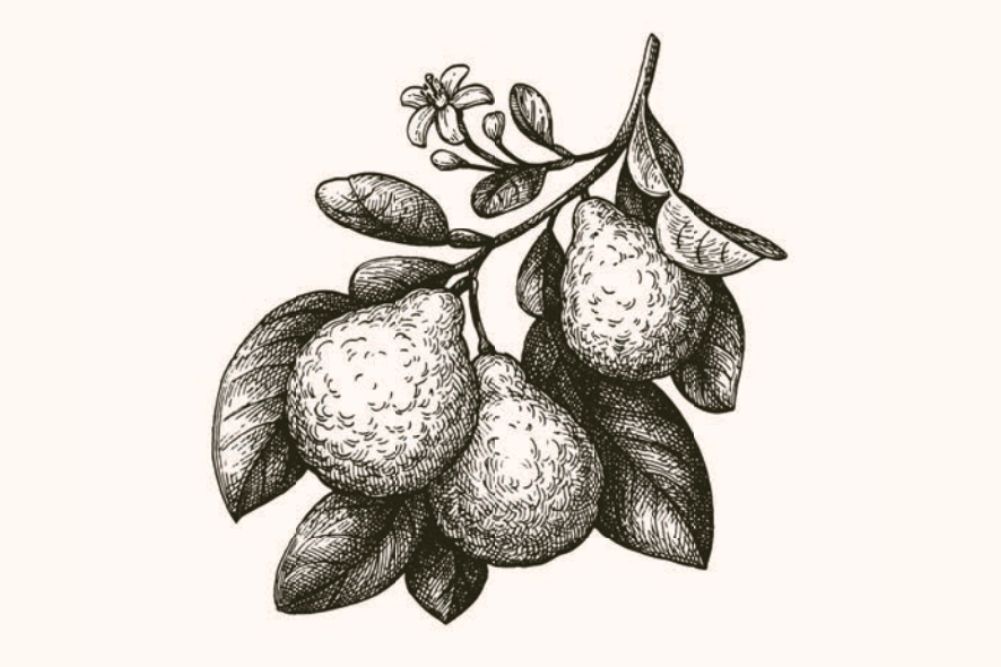En-lightened vegetables
There are some basic differences between plants and animals. Plants generally are rooted in one place and do not move on their own, whereas most animals have the ability to move fairly freely. Plants contain chlorophyll and can make their own food via photosynthesis whereas animals are dependent on plants and other animals for food. Plants give off oxygen and take in carbon dioxide given off by animals. In general, plants are a much more demure group than animals and must laugh quietly to themselves at the clumsy cavortings that animals go on with. There is another big difference between plants and animals, however, which has been highlighted in a new study: plant parts can continue to function after they have been harvested and that has implications for the quality of the food that humans eat.
The researchers who conducted the new study began by noting that vegetables and fruits do not die the moment that they are harvested. Plants are “modular†in the sense that a section separated from the plant can continue to respond to the environment for days.
Prior to this study, the researchers had already shown that a plant called Arabidopsis thaliana has a circadian rhythm in that it produces more insect-fighting chemicals just before sunrise, which is when insects start to feed. The researchers found that they could “entrain†Arabidopsis to continue to produce these chemicals after harvesting if they exposed it to the right patterns of light. This entrainment process is similar to the adjustment that goes on when a human is re-setting their biological clock to recover from jet lag.
The researchers wanted to see if plants that are food crops could be entrained in the same way to enhance post-harvest production of these insect-fighting chemicals which actually have healthy effects in humans.
So the researchers exposed cabbage leaves to controlled lighting and found that they could maintain production of an insect-fighting chemical called glucoraphanin that in humans has anti-cancer effects. They found they could do the same thing with spinach, lettuce, blueberries, sweet potatoes, zucchini and carrots. The researchers point out that storing your fruit and vegetables in the dark stops their circadian production of these healthy chemicals so maintaining light in a “diurnal†pattern could lead to healthier food.
Nobody likes to be kept in the dark; why should vegetables be any different?







